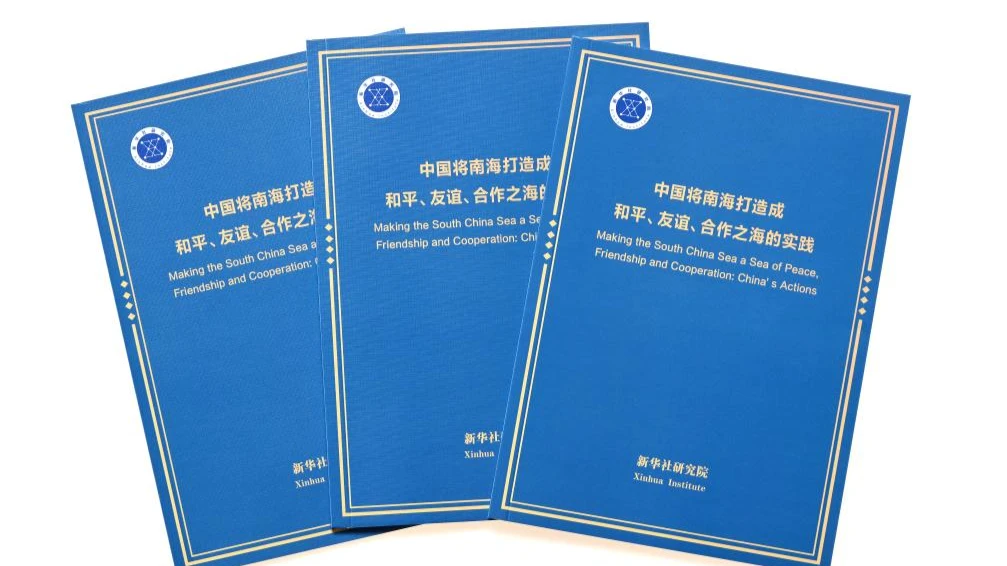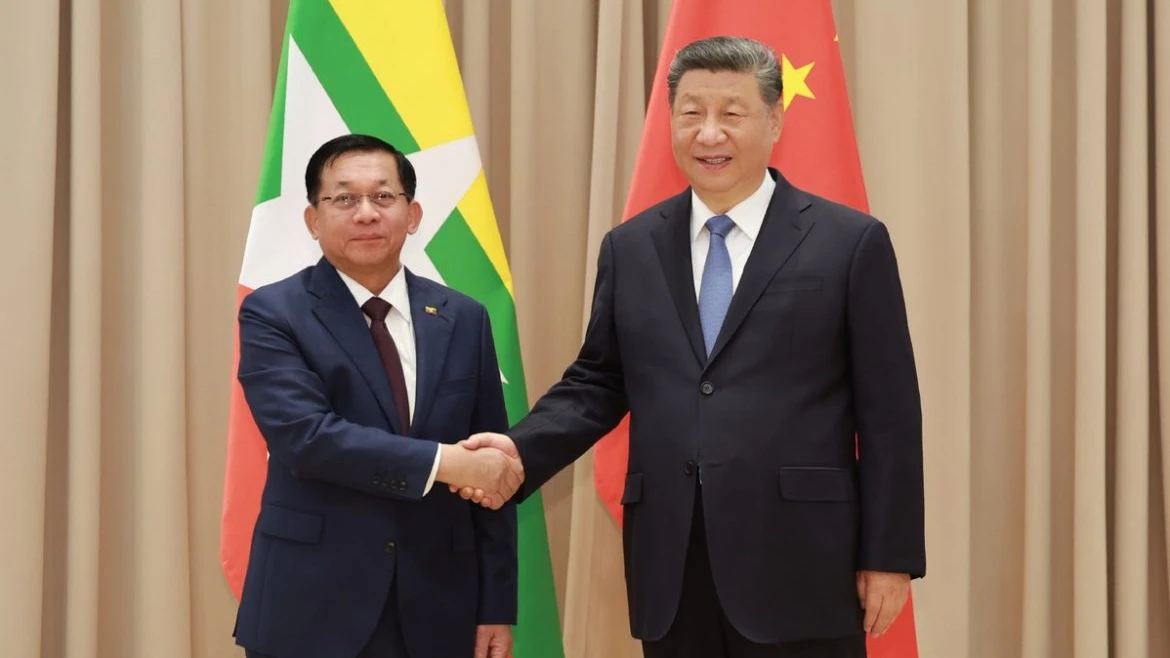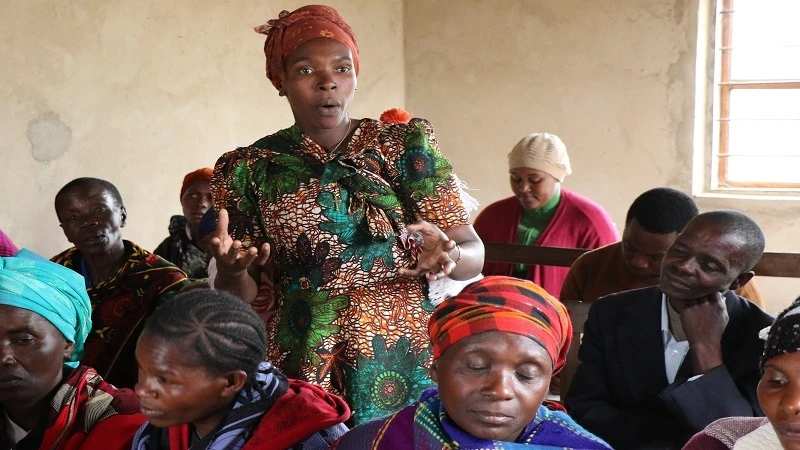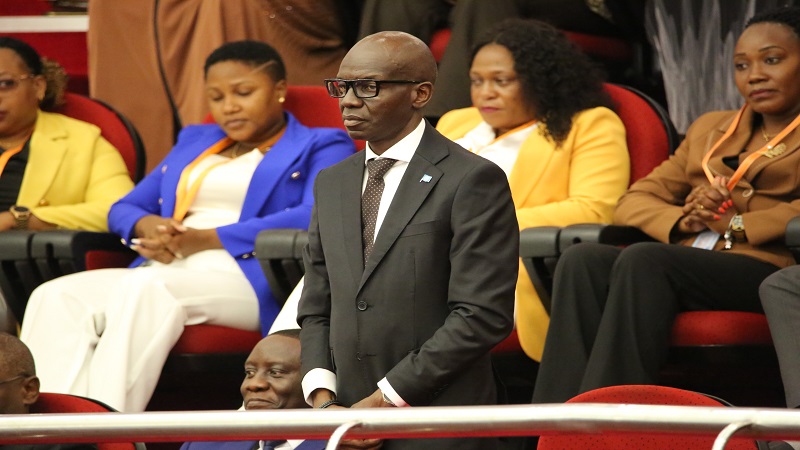New policy, Tanzanian women have gained the right to inherit clan lands
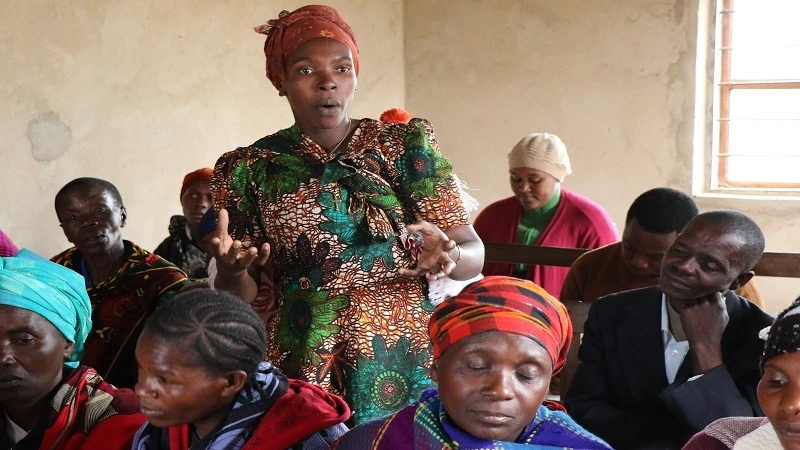
REHEMA Mkakilwa of Mtwango village in Mufindi District, Iringa Region, vividly remembers the Village Land Tribunal meeting called in January 2010 to deliberate her claims to be given part of the family land which, according to tradition, was owned by his father.
After a short discussion the tribunal ruled that she could not be given a portion of the family land because it was against traditions and that her farther owned the land on behalf of all family members. In any case, the chairman of the tribunal had said, Rehema would certainly get land from her in-laws when she got married. She was disappointed and helpless.
Fifteen years down the road things are likely to change following the launch of the Tanzania Land Policy, a revised version of the 2023 Edition. The policy that was launched in March 2025, provides for gender equality in land rights and aims to ensure fair access to land, particularly for women. Tanzanian women have now gained the right to inherit clan lands, ensuring gender-equal rights to access and own land with secure tenure.
During the past years women could acquire land through purchase or allocation, but inheriting clan or family land was against customs and traditions. The husband had also the discretion to transfer ownership of a piece of land to his wife but rarely did that discretion favour women.
“The revised National Land Policy ensures equal gender rights in terms of acquiring land rights and specifically guarantees women equal opportunity to own land. It also commits the government to spearhead campaigns on gender equality in land rights and use, as well as balanced representation of women and men in land governance and administration in order to ensure gender equality,” says Landesa Country Director, Godfrey Massay, adding that women can now inherit family land without having to consider customs and traditions.
Under the new policy, Tanzanian women have gained the right to inherit clan lands, a right long denied on the basis of discriminatory customs and traditions. Thus the policy establishes new mechanisms to ensure gender-equal rights to own land and guarantees women secure tenure of the land they own. It acknowledges the right of women to access and own land on equal terms with men and their right to participate effectively in making decisions relating to land ownership and secure tenure. The policy provides opportunity for scaling up of the Stand for Her Land (S4HL) campaign as it emphasizes women ownership of land secure tenure, equal access to land for both men and women as well as providing space for women at the decision making table. “This calls for more public education and awareness of women’s rights so that many rural women can exploit the opportunity provided by the policy,” says Massay.
The Tanzania Land Alliance (TALA) has studied the revised policy and their concerns will be tabled at the National Land Stakeholders Forum to be convened later this year. However it acknowledges, among other things, that the policy addresses compensation for individuals who have to give away their land for investment or other reasons. The policy states clearly that such compensation must be prompt, fair and adequate and must be given before eviction, to take into account the wellbeing of those who are giving away their land.
“But at a glance we have noticed that the policy does not adequately address issues of land ownership and secure tenure for small producers who are farmers, pastoralists and fishermen, among others. These feed the nation, ensuring food security, and it is therefore important to spell out in no uncertain terms, their rights to own land and guarantee their secure tenure,” explained Bernard Baha, national coordinator of TALA. He was speaking on the sidelines of a stakeholders meeting recently convened in Bagamoyo by Landesa, to document concerns arising from the revised National Land Policy.
According to TALA, the policy is also silent on clan land and village land and although it recognizes traditional and cultural ownership of land, it is not specific in its administration. There are views that the policy places emphasis on individual land but fails to put similar weight on clan and family land and does not give protection to such ownership. “Village land as a communal possession is given little protection thus leaving women, the youth and marginalised groups who may hold stretches of land in common vulnerable to land grabbing due to insecure tenure,” says Baha.
Regarding land business and investments there are concerns that the policy tends to promote land as a commodity for business and not as an important instrument of production. The focus is on allocating land for housing, settlements and construction of infrastructure. “There is need to regulate the land market so that investments do not overlook the importance of land as a means of food production to feed the nation. This requires setting aside enough land for farmers, pastoralists and other small produces whose livelihoods depend directly on land. Such land should not be encroached into by land developers,” says Cuthbert Tomitho, Executive Director of HakiArdhi, one of the NGOs that has made significant contributions to the review of the policy. He explains that failure by the policy to regulate land business could prompt people in rural areas to sell all their land and once they are landless they become labourers and squatters on the investors’ land, eventually sink into poverty.
“Currently urbanization in Tanzania is taking place at unprecedented rate with an estimated annual change of about 5 per cent. Fast urbanization is reducing land for rural communities who produce food. Under the circumstances, food production cannot be done in urban areas and, while urban population is on the increase, land to feed this population is diminishing. This calls for the policy to regulate the land market in order to sustain food security and protect livelihoods of women and the youth most of whom are employed in the agricultural sector,” explains Tomitho.
The policy also provides establishment of land banks to cater mainly for investment in housing, settlements and infrastructure. “However, we think that the land banks should also be reserved for use by rural communities for agriculture and other needs. The rural population also expands, calling for increased agricultural production and productivity to feed the population. Increase in population raises demand for social and other services like schools, hospitals, market buildings, shops, sports grounds and recreation centers. Communities will also need places of worship, hence the need for land banks to consider these needs.” Says Masallu Luhula, Senior Land Tenure Expert at Tanzania Landesa Country Office
Another shortcoming of the policy is the failure to recognize, clarify, and secure in law the customary rights of rural residents. There are millions of Tanzanians who live in rural areas, the majority of whom are pastoralists and smallholder farmers. Their lives are hinged on the customary land thus introducing compulsory taxation on all land in Tanzania and without clear safeguards leaves customary smallholders at risk of losing the only source of their livelihood.
With the new policy now in use, government and non-state actors must embark on educating and raising awareness of the public so that they may understand it in order to advise the government accordingly. On its part, government should collect views from more people to get a wider scope of ideas while efforts must also be directed towards amendments of land laws (Land Act 4 &5 of 1999), Land Use Planning Act (6 of 2007) and other related legislation to make the policy effective.
“However, experience shows that there is a big gap between policy statements and implementation on the ground. There is a stark absence of government political will. This is evidenced by the fact that implementation of some policy issues takes the form of fragmented projects being undertaken in various parts of the country with funding from NGOs and development partners.
There is no significant financing by the government for these activities. Projects are time specific, serve the donor’s agenda and are therefore unsustainable. We need to see a stronger government political will in policy implementation,” says Godfrey Massay
Top Headlines
© 2025 IPPMEDIA.COM. ALL RIGHTS RESERVED












